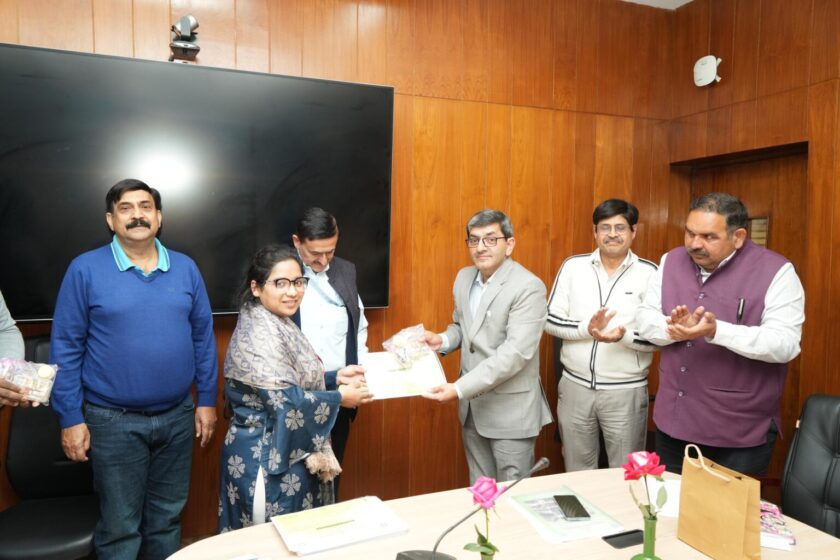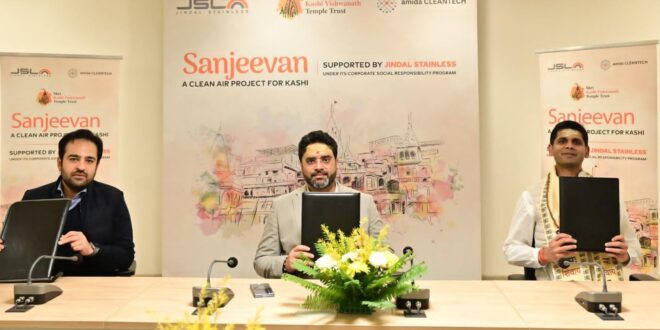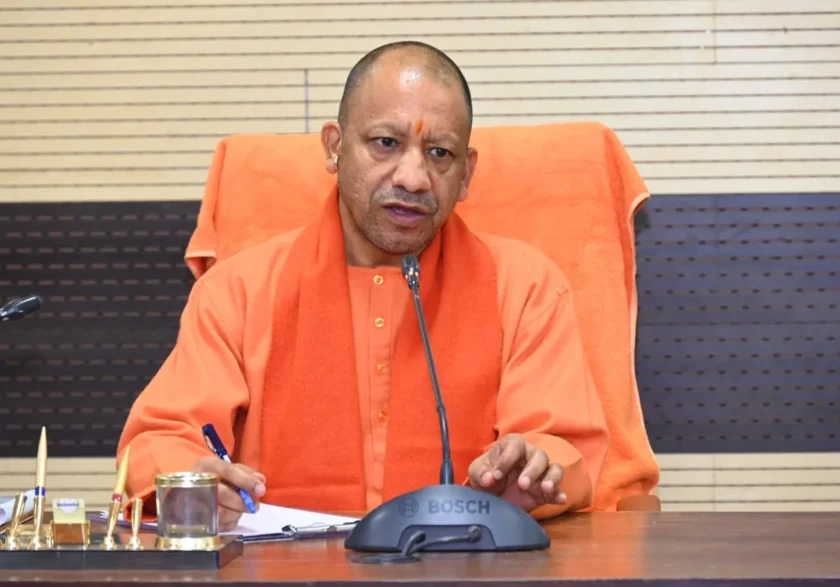Lucknow— In a sharp rebuke to the Rashtriya Swayamsevak Sangh (RSS), Uttar Pradesh Congress Committee’s Media Department Chairman Dr. C.P. Rai accused the Sangh of consistently attacking the Indian Constitution and promoting an ideology that is anti-poor and anti-marginalised.
Dr. Rai’s comments came in response to recent remarks made by RSS General Secretary Dattatreya Hosabale, whom he accused of making “yet another unconstitutional demand to alter the Indian Constitution.” Rai stated that RSS has always aimed to replace the egalitarian Constitution with a “Manuwadi framework,” which contradicts the spirit of equality enshrined in the current document.
“Right after the Constitution was adopted, the RSS began opposing it. Their goal has always been to implement a Manusmriti-style code which promotes inequality. M.S. Golwalkar, one of RSS’s ideological architects, held views that were starkly against the interests of the poor and the deprived — a legacy that continues to guide the RSS today,” Rai asserted.
He further accused the RSS of refusing to acknowledge or work towards ending social and gender-based disparities. “They do not believe in eliminating inequality — whether it is against Dalits, backward communities or women. Their ideology is fundamentally discriminatory,” he said.
Highlighting the foundational values of the Indian Republic, Dr. Rai said, “India’s identity as a socialist and secular nation means it is committed to ensuring socio-economic equality and religious freedom for all citizens. Socialism stands for equitable distribution of resources and empowering the underprivileged, something that has always made the RSS uncomfortable.”

He added, “Secularism ensures that the state remains neutral in matters of religion, offering every citizen the right to practice their faith freely. However, the RSS has long promoted hatred against certain religious communities as part of its core philosophy.”
Dr. Rai emphasized that these constitutional principles — socialism and secularism — are crucial for maintaining unity in India’s diverse society. “Socialist ideals have improved access to rural development, healthcare, and education, while secularism has played a vital role in maintaining religious harmony,” he noted.
Concluding his remarks, Dr. Rai said, “These principles are the bedrock of an inclusive India. With balanced policies and good governance, socialism and secularism are vital to shaping India into a progressive and inclusive nation.”










